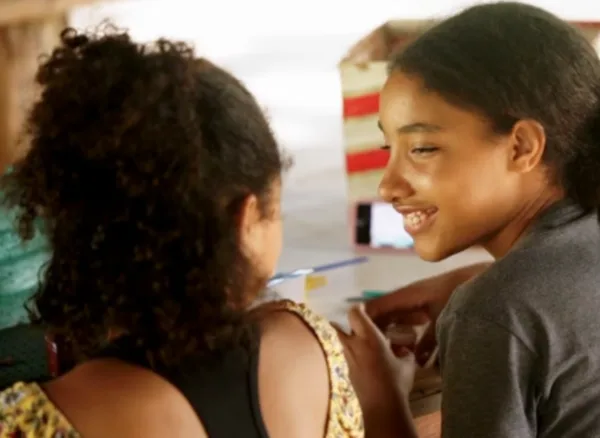Filter Search
Found 1558 results for ""
Projects
Data collected during a series of sleep recordings and serial awakenings of epileptic volunteer test subjects will be analyzed to compare brain wave activity during dreaming vs loss of consciousness, in an effort to learn which brain areas support human consciousness. The findings could lead to innovative therapies to prevent or revert loss of consciousness during seizures, and impact ethical decisions concerning withdrawal of care in unresponsive patients with severe brain damage.
Projects
One view of consciousness is that it is simply a subjective observation of brain processes. A competing view is that consciousness plays a crucial role in agency and free will. A new study from a team led by Uri Maoz at Chapman University has the potential to provide new information around this topic, fostering constructive discussion around the debate among competing theories of consciousness.
Projects
The neuronal mechanisms underlying conscious perception are strongly debated. One of the big questions in the field is whether consciousness arises primarily through recurrent interactions between groups of brain cells in a small area (such as the visual cortex), or whether interactions between regions across the brain (such as visual cortex and prefrontal cortex) are required. A new project at the University of Amsterdam will combine robust scientific methods in studies in mice to address this question.
Projects
A new project will study rodents using recently introduced high-density electrodes that, for the first time, allow scientists to record the activity of thousands of different brain cells, including in brain areas that have rarely, if ever, been studied in consciousness research. With these tools, researchers will be able to address some long-standing questions in consciousness research, such as whether our capacity to be conscious depends on one part of the cerebral cortex more than another and if so, why.
Projects
One of the most challenging questions in neuroscience is how certain patterns of electrical and chemical activity in the brain produce subjective experience — or “what it is like” intrinsically to perceive, think, and feel. A new project aims to answer this question by providing a new approach for identifying the brain activity that produces consciousness – the neural correlates of consciousness (NCCs).
Projects
While many theories of consciousness disagree about the specifics, they all agree that some types of neural activity reflect unconscious processing, while other types result in conscious experience. This project will feature experiments focused on visual perception that aim to measure the neural dynamics underlying the transition from unconscious to conscious processing known as “bifurcation”.
Projects
Whether the prefrontal cortex is central or irrelevant to conscious perception is a divisive question within the field of consciousness study, with different theories making opposing predictions. A research team led by BeYu J. He’s lab at @NYUGrossman is testing a new theoretical framework that has the potential to clarify understanding of this topic. If correct, it will allow the field to move beyond debates about “where in the brain consciousness occurs” to a deeper level of exploration
Projects
The Holistic Science Teaching project was designed to help transform siloed junior high school science teaching in the Muslim World into rich learning methods that fuel curiosity and deliver deeper understanding of science and its relation to other disciplines including philosophy, history, ethics and religion.
Projects
The global COVID pandemic has exposed inefficiencies and problems associated with scientific advisory boards who are tasked with providing timely information to the public. A comparative empirical study led by a team at Syracuse University seeks to develop design principles and mechanisms that will foster and preserve the wellbeing of citizens by improving the quality of advice given by these entities.
Projects
Taghyeer Organization aims to improve the mental health outcomes of young people in the school system in Jordan, especially refugees and those impacted by conflict. The Islamic-based concept of Istijarah — caring for those in need with humility, hospitality, kindness, and fraternity — is at the heart of this curriculum. The program, funded by TWCF, is designed to encourage students to inwardly cultivate virtues while outwardly building community.


